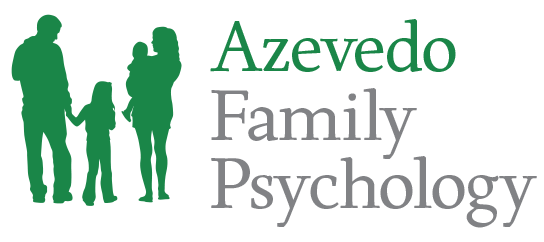
How to Care for Your Mental Health While Job Searching
June 2, 2025
How to Stop Comparing Yourself to Others
August 1, 2025In recent years, artificial intelligence has made its way into nearly every corner of our lives. AI recommends what we watch, what we buy, and even how we write our emails. Now, it’s also trying to enter the therapy space. AI therapy apps and chatbot “therapists” are growing in popularity, offering mental health support with just a few taps. While this technology might seem convenient or even innovative, it’s important to take a closer look before trusting your mental health to a machine.
The Rise of AI Therapy
AI-powered tools promise quick, easy emotional support—often with 24/7 access, no waitlists, and a lower price tag. These platforms can simulate conversation, ask reflective questions, and offer general coping suggestions based on user input. For someone who’s feeling down at 2 a.m. or hesitant to seek traditional therapy, this can seem like an appealing option.
But there’s a big difference between chatting with a bot and building a relationship with a trained, licensed therapist.
Real Therapy Requires Human Understanding
Mental health is complex, deeply personal, and often shaped by years of lived experience. Licensed therapists don’t just respond to keywords or mirror language patterns. They listen with empathy, notice subtleties, ask thoughtful questions, and adapt their approach based on a client’s evolving needs. Therapy is a relationship built on trust, safety, and collaboration.
AI can’t replicate that. It doesn’t understand context, nonverbal cues, or emotional nuance. It can’t notice when someone says they’re “fine” but clearly isn’t. And it can’t safely guide someone through trauma, grief, or deep emotional pain.
Risks of Relying on AI for Mental Health
Using AI in place of therapy isn’t just ineffective—it can be risky. Bots may offer generic or even inappropriate advice for serious situations. In moments of crisis, this could delay someone from getting the real help they need. There are also privacy concerns, as AI tools often collect and store sensitive personal information, sometimes without clear data protections in place.
Relying on AI may also reinforce the idea that you should be able to “fix” your mental health on your own. That can increase shame or prevent people from seeking the human support they truly need.
Technology Can Help, But It’s Not a Replacement
At Azevedo Family Psychology, we believe in using technology wisely. Digital tools can be a helpful supplement to therapy; think guided meditations, mood tracking, or journaling apps. But they should never replace the care and insight of a licensed mental health professional.
Your thoughts and feelings deserve more than a one-size-fits-all response. You deserve to be seen, heard, and supported by someone who understands the full picture of who you are.
If you’re ready to talk to a real person who can help you navigate life’s challenges with care and expertise, we’re here for you.




